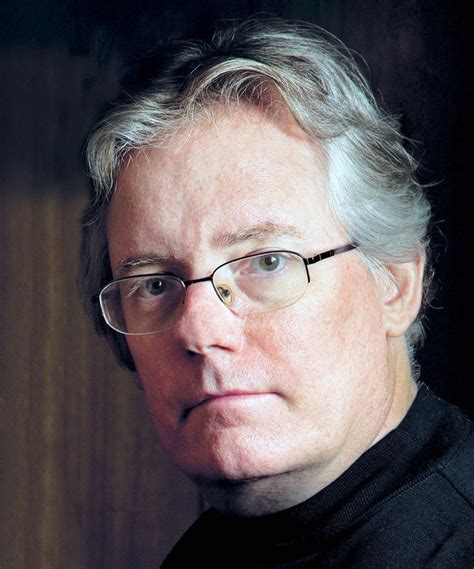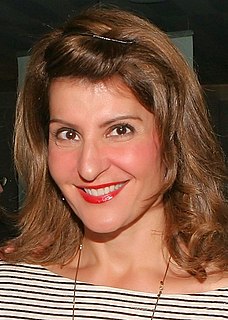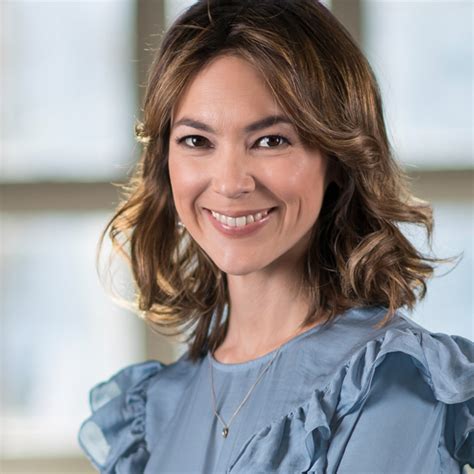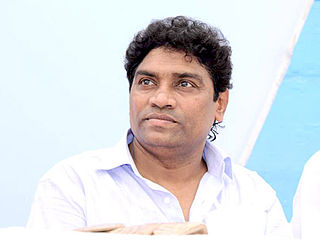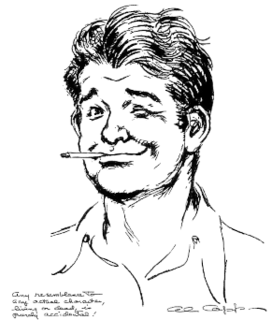A Quote by Sigrid Nunez
I first met Susan Sontag in spring 1976 when she was recovering from cancer surgery and needed someone to help type her correspondence. I had been recommended by the editors of 'The New York Review of Books,' where I'd worked as an editorial assistant.
Related Quotes
My first job out of college was as an editorial assistant in a New York publishing house. Being an editorial assistant is the purgatory would-be editors must endure before they can ascend the ladder and begin acquiring books on their own. I spent a year filing paperwork, writing copy, and typing rejection letters.
When I first met YouTube CEO Susan Wojcicki, I was moderating a panel she was on for Harvard alums. We were both wrapping up our maternity leaves. She had just had her fifth child; I'd just had my second. We traded tips on maternity clothes, and I peppered her with questions about how she finds her balance.
Martin Scorsese was one of the few who had not been an assistant. Most of the guys had been an assistant and worked their way up. But I had seen an underground picture he had made in New York, a black-and-white film. I had done a picture for American International, about a Southern woman bandit, the Ma Barker story, and it was very successful, and I had left to start my own company, and they wanted me to make another one.
My son had a tumour on his neck. We went for surgery but it failed because the tumour was difficult to remove. Later, we went to New York for his surgery. I was scared as his first operation had failed. I went to church and met a pastor. He told me to go ahead, God would take care of everything. And the surgery was successful.
From an early age she had developed the art of being alone and generally preferred her own company to anyone else’s. She read books at enormous speed and judged them entirely on her ability to remove her from her material surroundings. In almost all the unhappiest days of her life she had been able to escape from her own inner world by living temporarily in someone else’s, and on the two or three occasions that she had been too upset to concentrate she had been desolate.
At that moment a very good thing was happening to her. Four good things had happened to her, in fact, since she came to Misselthwaite Manor. She had felt as if she had understood a robin and that he had understood her; she had run in the wind until her blood had grown warm; she had been healthily hungry for the first time in her life; and she had found out what it was to be sorry for someone.
Back and forth she went each morning by the river, spring arriving once again; foolish, foolish spring, breaking open its tiny buds, and what she couldn’t stand was how—for many years, really—she had been made happy by such a thing. She had not thought she would ever become immune to the beauty of the physical world, but there you were. The river sparkled with the sun that rose, enough that she needed her sunglasses.
Susan was very fun to be around. She liked movies, and her brother Frank made her tapes of this great music that she shared with us. But over the summer she had her braces taken off, and she got a little taller and prettier and grew breasts. Now, she acts a lot dumber in the hallways, especially when boys are around. And I think it's sad because Susan doesn't look as happy.

